Home buying is both a very exciting and slightly scary process. Because buying a home is one of the biggest investments you can make, it is vital to make sure you are financially ready to take on a mortgage. Accurately determining your financial situation will ensure that there are no financial surprises or problems in the long process of buying your own home. Here are some important things to check off your list before buying a home.
Check your Credit
Your credit score is going to be one of the first things loan officers look at when determining if you qualify for a loan and what interest rate you qualify for. Your qualification for a mortgage is based off of income, assets, history of savings, and job stability. Do you have any debt? Paying that off will improve your credit score and thus enable you to receive a better rate on your loans. If your credit score is not what is desired, it may be a good idea to put buying a home on the backburner until your credit score is where it should be.
Assess your Budget
Can you realistically afford to buy and pay off the mortgage on a house? Is money already tight for you? Not budgeting right can cause you to fall behind on payments. Check with your lender about the loan options you have and how much the down payment and closing costs will be. Make sure that you are aware of any utilities, repairs, or tax costs, to ensure that unforeseen costs do not creep up on you.
Determine your Job Stability
Do you see yourself changing jobs or career paths in the near future? Job hopping these days is a lot more common, so make sure you have long term plans to stay in the area before buying a home. When you apply for a mortgage, the lender wants to make sure that you can repay the loan. Your income is a determining factor in your ability to do so.
Pick the Best Mortgage Option
A typical fixed rate mortgage has a term length of 30 years. A 30-year mortgage has higher interest rates, but lower monthly payments over time. A 15-year mortgage is another popular option that has lower interest rates, but higher monthly payments. You should work with a trusted lender to find a mortgage plan that works best for your financial situation.
Consider Your Down Payment Options
Coming up with large amounts of cash upfront can be a hard task, especially for first time home buyers. Usually lenders want 20% up front of your down payment; however, there are down payment assistance options available. The more money you put down, the lower your monthly mortgage payments are going to be. Luckily, there are many types of loans that are designed for first time homebuyers. The FHA loan requires a down payment of only 3.5% of the homes original purchase price. Do your homework to see what lenders can offer you based on qualifications.
Once you have sat back and really considered all the elements that go into buying a home, you are ready to assess your home buying situation and plan for the future. It is important to make sure you are financially ready for a home, because if you are not then that can lead you into a world of financial trouble. The last thing you want is to get behind on paying back your loan, or put too much money initially into your down payments. For more first time home buyer information and to prepare for the mortgage process, download our eBook now!
{{cta(‘6c7eceb4-d44d-487e-b212-1dd4b5fd90a1’)}}




